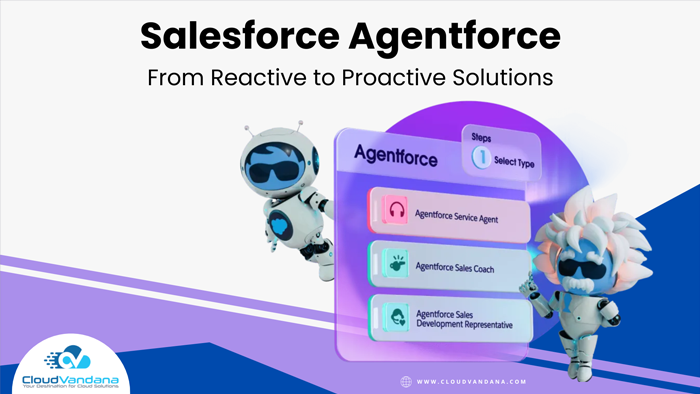Java is high-level programming, the class-based, object-oriented programming language designed to have as few implementation dependencies as possible. As a result, Java has been one of the most efficient programming languages for a very long time.
Today, in this blog, CloudVandana will discuss the advantages and disadvantages of Java’s programming language.
Java has a massive contribution to software development. This language helps programmers to solve complex problems quickly. Java has also enabled developers to develop various software and update results in the present.
Every application has its pros and cons. Similarly, along with the endless benefits of this framework, a few drawbacks should also be discussed. So let’s have a look at the pros of Java first.
Pros Of Java
The pros of Java are endless.
1. Java Is A High-Level Programming Language
The java scripts are written in a high-level language, but the syntaxes are simple and easy to understand. Java provides an interpreter which interprets the code to machine-level language for better comprehension.
2. Java Is Cost-Effective Solution
Java is built simply, making it cheap and easy to develop and maintain. Java can run on any system. So this feature helps to reduce the development cost.
3. Java is Simple
Java is a simple programming language that is easy to learn. Java is one of the simplest programming languages to implement due to its easy-to-comprehend codes. Java removes the features and makes the implementation easier.
4. Java Is Object-Oriented
One of the critical advantages of java is that it is an object-oriented programming language. It Is known that procedural languages are very complicated and hard to implement. The OOPs concept made java easier to implement and much more secure. These help java solve real-world problems. It also helps to maintain large code.
5.Java Is A Secure Language
Language like C and C++ use pointers that allow access to memory location. This is a security risk, as pointers can lead to unauthorized memory access. Java used OOPs concepts like encapsulation, inheritance, abstraction, etc., increasing security and preventing unauthorized access.
Cons Of Java
Java has several a few cons as well. Let’s have a look at the cons of Java-
1. Remarkable Memory Space Is Required
Java uses more memory than other programming languages like C and C ++. Unfortunately, the memory management of Java is poor. Java uses a garbage collector, but it affects the performance badly.
2. Slow And Poor Performance
Java consumes more memory than native programming languages like C and C++. As a result, Java is slower than compared to native programming languages like C and C++. Java is also slower compared to them. This is due to the additional work of the interpreter to convert the code into machine language. In addition, the JVM performs various backend functions that decrease the program’s speed. The automatic garbage collector hampers the performance running in the backend continuously.
3. No Backup Feature
Java is unable to back up the data of the users. It focuses on data storage, but they are not protected with a backup facility.
4. Paid Commercial License
From January 2019 onwards, a charge is required for Java 11 and above commercial license. This caused a lot of worries among programmers as they had to pay fees based on the number of systems to get updates. The available features are free, but a fee is mandatory for advanced development.
5. Poor GUI
The GUI builder in Java is poor and cannot build complex UI. Many other frameworks for creating GUI like Swing, JavaFX, JSF, etc. But there are not capable of producing complex GUIs. Modern languages like Python, R, C#, etc., have better GUI builders. So that is one of the drawbacks of Java.
Are you looking for expert Java developers for your projects? CloudVandana, the reputed Staff Augmentation firm, can provide a vast talent pool of remote software developers. Schedule a call with us today, and HIRE OUR DEVELOPERS FREE FOR a week.










